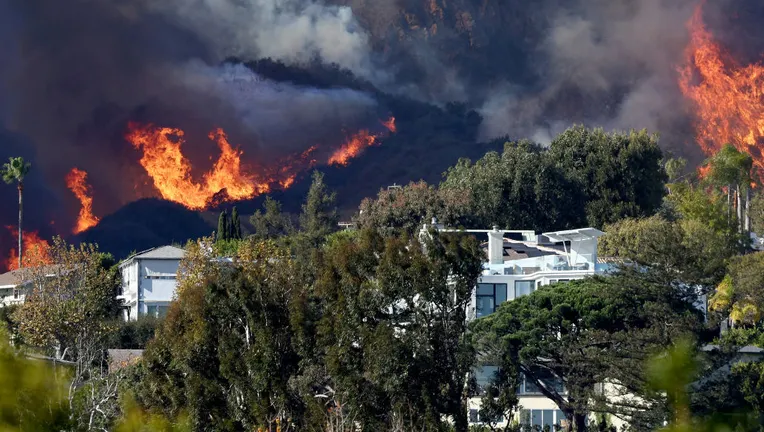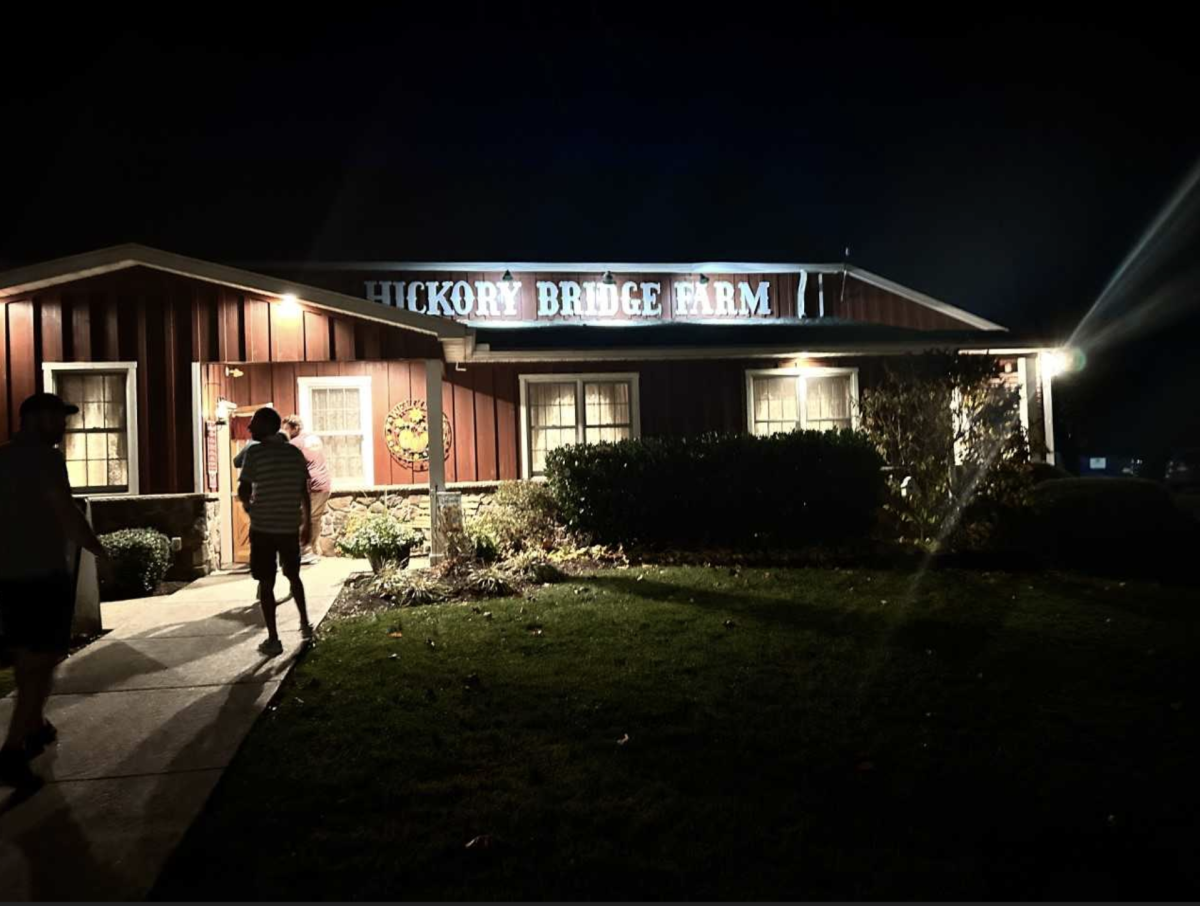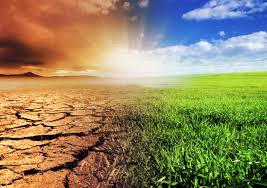Climate change is a pressing issue that is affecting our planet in numerous ways. It refers to the long-term changes in temperature, weather patterns, and sea levels that are caused by human activities, such as burning fossil fuels, deforestation, and industrial processes. These activities release large amounts of greenhouse gases into the atmosphere, trapping heat and causing the Earth’s temperature to rise. One of the most significant impacts of climate change is the increase in extreme weather events, such as hurricanes, droughts, and wildfires.
These events can cause devastating damage to communities, infrastructure, and ecosystems. For example, the recent wildfires in Australia and California have destroyed thousands of homes and led to the loss of lives. In addition, rising sea levels due to melting ice caps and glaciers are threatening coastal communities and ecosystems. Furthermore, climate change poses a threat to global food security, as changing weather patterns can affect crop yields and agricultural production.
This can lead to food shortages, malnutrition, and famine in vulnerable regions. In addition, climate change is also contributing to the loss of biodiversity, as many species are unable to adapt to rapidly changing environmental conditions. In order to address climate change, it is essential for individuals, communities, governments, and businesses to take action.
This includes reducing carbon emissions by transitioning to renewable energy sources, such as solar and wind power, improving energy efficiency, and promoting sustainable practices. It also involves protecting and restoring forests, wetlands, and other natural ecosystems that help to absorb carbon dioxide from the atmosphere. In conclusion, climate change is a global crisis that requires urgent action from all stakeholders.
By working together to reduce carbon emissions, protect natural ecosystems, and adapt to changing environmental conditions, we can mitigate the impacts of climate change and create a more sustainable future for generations to come. It is our responsibility to take action now to address this critical issue before it is too late.























